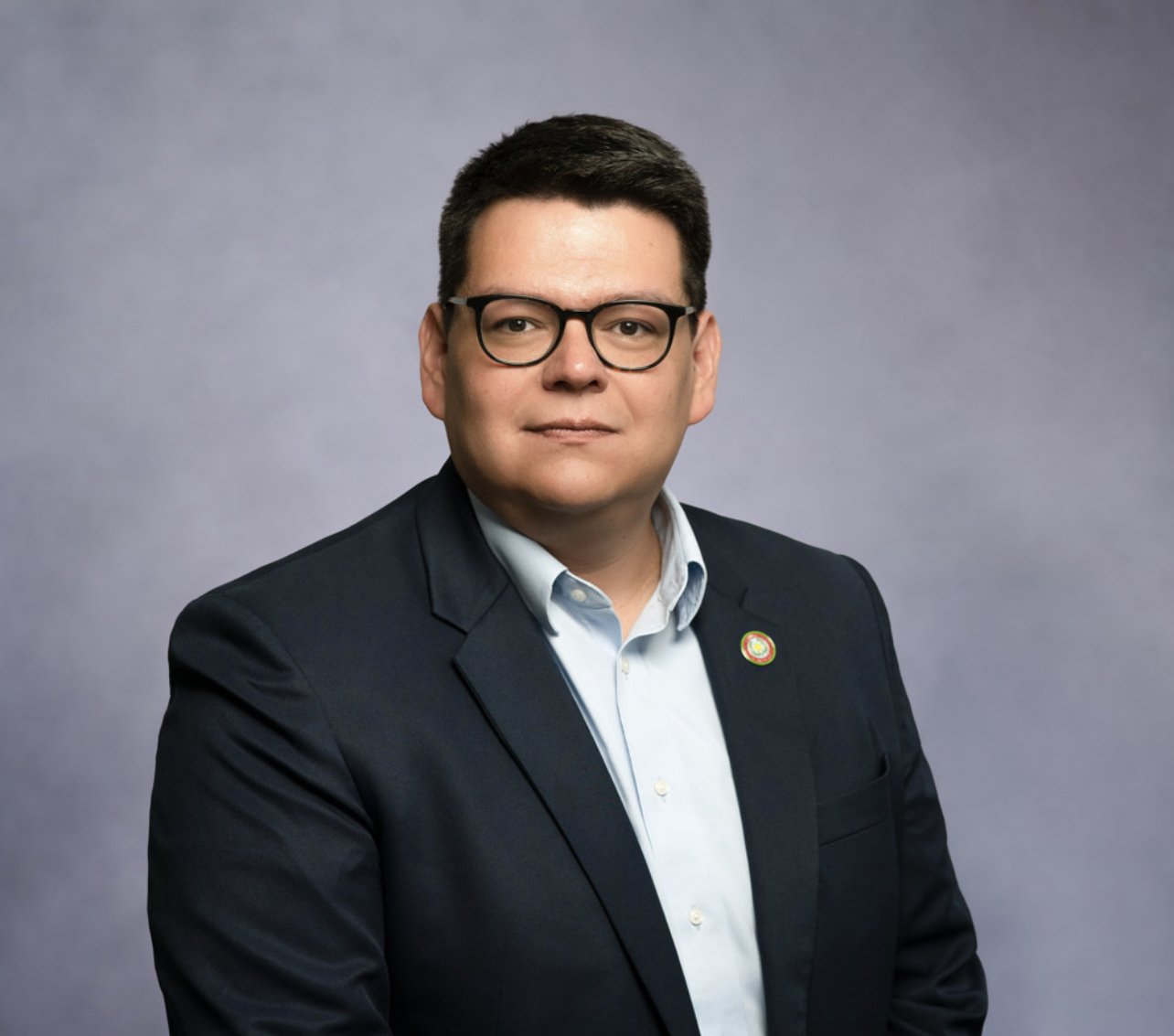Member Spotlight: Cory Blankenship
Cory Blankenship, Community Investment Officer for Economic Opportunity at Dogwood Health Trust
Brief Bio: An enrolled member of the Eastern Band of Cherokee Indians, I recently joined the Dogwood Health Trust after 12 years with the Eastern Band of Cherokee Indians tribal government in various positions with the Office of Budget & Finance. Most recently, I served as the tribe’s Secretary of the Treasury. I am a graduate of North Carolina State University where I received the Park Scholarship, and graduate of Western Carolina University where I earned a masters of public administration, and the University of Tulsa College of Law where I earned a masters of jurisprudence in federal Indian law. I reside in the Big Cove Community of the Qualla Boundary (Cherokee Indian Reservation) with my wife and our five children.
How long have you been part of AFN? In what capacities are you currently involved with the Network? I am brand new AFN since joining the Dogwood Health Trust in April 2023 and now serve as a member of the AFN Steering Committee.
What is the mission of your organization, and why is this pursuit important to you? Dogwood Health Trust exists to dramatically improve the health and wellbeing of all people and communities in the 18 counties and Qualla Boundary of Western North Carolina. This is important to me because WNC is my home and has been home to my people for millennia.
What is a project you are working on that you’re passionate about? What is the inteded impact of this project? How will you demonstrate that impact? Since joining the Dogwood Health Trust, I have been engaged in research and learning about our region’s workforce development opportunities. Workforce is critical to the region’s economic ecosystem, and our work is focused on career awareness, pathways to credential attainment, wrap-around support for learners and workers, and pathways to careers with family sustaining wages. The desired impact of this work is a region where residents can access meaningful careers with family sustaining wages in their home communities. There are a number of ways to demonstrate impact within the workforce space: number of credentials earned, number of residents served, number of jobs created or maintained with family sustaining wages, number of job placements, etc.
What do you see as the greatest strength of Central Appalachian communities? The greatest strength of Appalachian communities is resourcefulness and community.
What is one thing you’d like to see improved in how funders work together in Central Appalachia? One thing that can be improved is sharing information about our work with other funders to foster collaborative and complimentary funding opportunities for strategic partners.
What do you see as the primary hurdle in the pursuit of equitable Appalachian transition? How would you approach this challenge? The primary hurdle to equitable transition, in my opinion, is access to human capital. It is very common to encounter small teams doing big things (or wearing many hats) in Appalachia. One approach is reducing the burden in grantmaking process and focus more on relationship building with strategic partners so they spend more time doing good work and less time applying, reporting, and administering grant funding.
What questions do you think funders in Appalachia should be asking regularly about improving their grantmaking processes? How do we streamline our grantmaking process to reduce the burden on strategic partners? How do we improve grant reporting to better measure impact and ensure accountability while reducing the burden on strategic partners? How can we provide more general operating support to capable partners with a high degree of community trust and proven track record of impact and success?
What is the one experience from your past, personal or professional, that most influences the work you do today? My experience with tribal government in a vast array of topics, issues, challenges, and opportunities shapes how I think about work and positively impacting communities.

